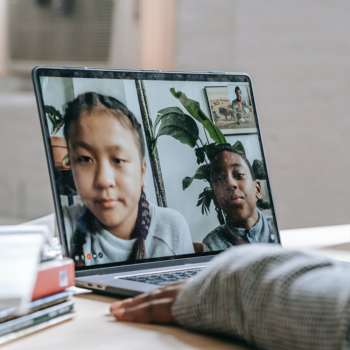A year ago, our lives went virtual almost overnight. The pandemic forced us to work, learn, shop, socialize and entertain ourselves online like never before. Technology kept us connected, but it also fueled political division and spread misinformation. We confronted urgent questions about how to be good digital citizens of an online society.
Even as we return to schools, offices and stores, many of the digital leaps we made are here to stay. Navigating this new world requires a fundamentally different set of skills and tools than those that work offline, as anyone who’s tried to lead a meeting over Zoom or learn in a virtual classroom knows.
We might assume that young people, raised on apps and devices, would easily adapt. But as technology has grown increasingly essential for our daily lives, young people have struggled with stress and isolation. A recent survey found that half of parents say their teens’ mental health has declined during the pandemic, reporting increases in depression, anxiety, aggressive behavior and withdrawal from family. Another survey revealed that 59 percent of teens think online school is worse than in-person education.
Read the full article at Newsweek.
This article was produced by Footnote in partnership with Harvard Berkman Klein Center for Internet & Society.





